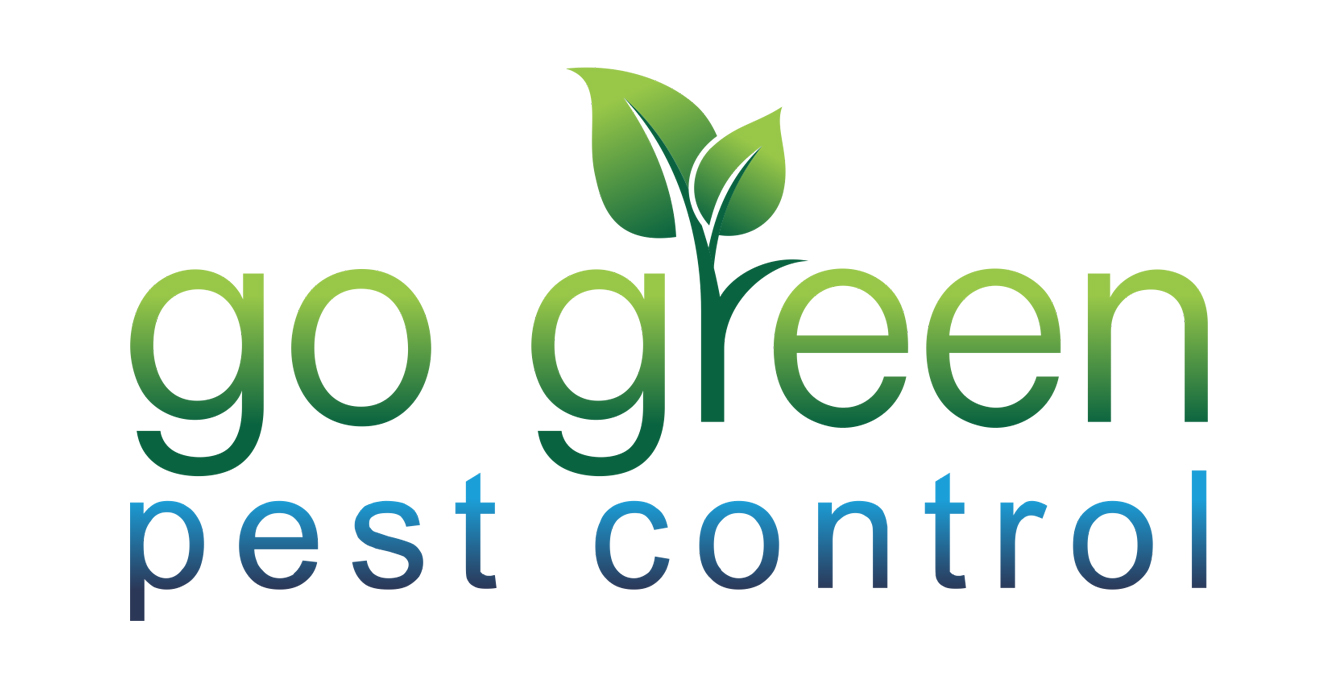Say yes to beneficial insects and no to pesticides
Ideal conditions for creating natural habitat conditions for beneficial insects include plenty of flowers with nectar, weeds and plant shrubs. Happy insects require perennials to give them year-round food and shelter. If you don’t have the conditions for the beneficial insects, the plant-eating ones will make their way in. Beneficial insects come in four categories – predators, pollinators, parasites and decomposers. Predators are often larger than their prey and consume many pests. Pollinators like bees, butterflies and wasps help to keep plants growing by spreading their seeds and pollen. Parasites lay their eggs on or inside larvae of plant-eating insects or worms. Decomposers help break down garden waste and make the soil richer. Mulch is important to your garden because it keeps moisture in, weeds away and is habitat for beneficial insects like predators and decomposers. The best way to attract beneficial insects is by creating borders of shrubbery and plants they like to live and feed on to surround crops in the garden.


